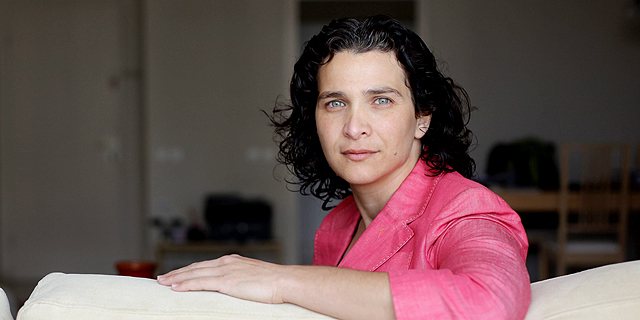
Coronavirus
The Government Has Turned Most Israelis Into Potential Surveillance Subjects, Says Researcher
Tehilla Shwartz Altshuler of the Israel Democracy Institute is one of many privacy experts and law professionals to criticize the Israeli government’s decision to use surveillance technologies on Covid-19 patients
Avner Pinchuk, an attorney for non-profit organization the Association for Civil Rights in Israel, agreed with Shwartz Altshuler. This is an outrageous use of Shin Bet’s top of the line surveillance system for a purpose it was not intended for, Pinchuk told Calcalist. This could easily lead to a slippery slope, as this system is not subject to judicial oversight, he said. “Perhaps this is a good chance to finally address how the state surveils its own citizens, even when it comes to national security,” he added.
According to Haim Ravia, senior partner and chair of the internet, cyber, and copyright group at Israeli law firm Pearl Cohen Zedek Latzer Baratz, the government lacked the authority to take such steps. An interim government that failed to gain the people’s trust for over a year, decided to take one of the most drastic steps ever taken against Israeli civilians, Ravia said in an interview with Calcalist. The government did so, bypassing the Knesset, without even involving the Privacy Protection Authority which the government itself established, he added. It used the fear of the coronavirus to take these steps without proper public procedure, not even a hasty one, and without a thorough examination of less damaging alternatives, Ravia said. It appears that the technological means Shin Bet is using extend much further than just geolocation, Karine Nahon, a professor of information science and president of the Israel Internet Association, told Calcalist. These regulations mean any movement by anyone in Israel can be collected and monitored by the police and Shin Bet, she said."We are in a state of emergency but, even so, we cannot allow for systematic surveillance without the consent of civilians and without the involvement of experts and of the Privacy Protection Authority, or the oversight of the Knesset,” Nahon said. The Covid-19 crisis is civilian, not military, and using such tools with very little oversight and unclear guidelines is not a recipe for the trust and solidarity that are so crucial to overcoming this crisis, she added.
These regulations were set undemocratically and once the door to using these technologies on civilians has been opened it will not be shut, according to Jonathan Klinger, a legal advisor for non-profit organization the Digital Rights Movement.The state could have opted for less aggressive courses of action that would not have required special emergency legislation, such as requesting a court order for divulging the locations of coronavirus patients, Klinger told Calcalist. Knowing the locations where a patient was present, the state could then ask telecommunications companies to directly contact anyone whoever was there at that time, letting them know they had to go into quarantine, he said. “This way, you could achieve the same efficiency in warning the public, without infringing on privacy and without breaking the delicate balance between the different branches of government,” he added.
Amir Kurz contributed reporting.



